Goo Goo Google

A week ago, following Apple SVP Eddy Cue's rather wild/rather calculating testimony at the Google antitrust remedy trial, I laid out some explanations for how both Apple could be seeing searches in Safari going down for the first time ever (per Cue) and yet Google seeing record number of queries from Apple devices (per Google's response). The reality is that there are probably a few factors at play here, but as I noted:
Perhaps the most likely scenario: the semantics one. That is, while Cue noted that queries within Safari were falling for the first time, and Google noted that queries across Apple devices and platforms were rising, what if the discrepancy is simply in people using other mechanisms to do Google queries on Apple devices?
This post caused a few people to reach out with some thoughts and/or other theories. Of those, the one I find most compelling is related to the above. A reader wrote in to note that, while anecdotal, they noticed that a lot of younger people at their work that used iPhones had the Google app on their homescreens. And when they want to "Google" something, this is the app they use – notably not Safari.
Google's "Google" iOS app is a bit of an odd duck. It has existed for years, but in different permutations. These days, it's sort of akin to a newsfeed of stories that Google thinks you're interested in – similar to the swipe-left screen on Android devices. But some may recall that for a time, it was also the only way to directly access Gemini through an app on iOS. This likely caused it to blow up on the App Store last year, amidst an AI frenzy. But that dual use was confusing and somewhat limiting – certainly from a brand perspective, if nothing else – and so Google separated out Gemini into its own app.
And I figured that might be the last we heard of the Google app. But no. Looking right now, it's actually the #3 app overall in the App Store. It's only behind – what else – ChatGPT and Threads. Just ahead of WhatsApp. It's well ahead of TikTok! The kids, as it turns out, may in fact love Google!
So what's going on here? Well, for one, presumably when a lot of people get an iPhone, they search the App Store for "Google" thinking it would likely be an obvious first app to get. And perhaps not realizing that you can use, you know, Safari for that. (To give Google some more credit here, it's also a half decent app.) And part of me wonders if that's not because those same users, and certainly younger users, are used to using Chrome as their web browser, and not Safari.
The same reader connected the same dots, noting that these young people at their work undoubtedly grew up using Chromebooks at school. And if and when they "upgraded" to a Mac in college,1 they likely used Chrome there too – as many schools that issue laptops pre-install it for compatibility reasons with school services, if nothing else. And then when they entered the workforce, even if they got a PC, it was undoubtedly all Chrome all the time there too.
Okay, so why aren't they downloading the Chrome app? (It's currently #24 on the App Store.) Well, first and foremost, it sort of sucks. Because of the WebKit restrictions on iOS, it's not really Chrome. It's sort of a Chrome skin wrapped around a version of Safari. I'm not sure how much that matters to kids, but it matters to me. It's also interesting that the Chrome app is often a top app on the iPad version of the App Store. This suggests that maybe people view Chrome more as a "desktop" experience and don't even really think about it on mobile (unless they're using an Android device, of course).
Either way, data don't lie. The Google app is, for whatever reason, insanely popular on the App Store right now. And it seems reasonable to connect the dots directly to falling searches in Safari, because the iPhone is at a scale far larger than any other Apple products.
It also, I think, may point to a larger issue for Apple. Years ago, I wrote about the mistake the company made in ceding the education market to Chromebooks. Whereas when I was a kid, the computer labs were filled with Macs (and really, Apple IIs), now Chromebooks had become the standard-issue across the country and really, the world (to the point where kids are doing "challenges" to try to blow them up, as kids do). Why? They're cheap! Obviously. Even with bulk discounts, the entry-level MacBook is far, far, far more expensive than the cheapest off-the-shelf Chromebook you can get. We can certainly argue quality, but I'm just saying Google already won this war.
Apple, of course, has tried to counter with the iPad. And that has worked to some extent. But as regular readers know, this is a topic near and dear to my heart: it's still way too hard to use an iPad as a "real" computer. And I bet many classrooms and students feel this acutely. There are a few reasons for this, but at the end of the day, it comes back to Apple forcing this weird version of the web upon us that is tailored for Safari, even though most of the web is tailored for Chrome (per above).
Hopefully that changes soon. But just like with Siri, we hear that every year.
Anyway, my point is that Apple may have made a mistake in yielding the early education market to Google in that now, kids are conditioned to use Chrome from day one. They perhaps don't use Safari, to the point where they download a stand-alone Google app in order to do the main thing most everyone else uses Safari for: searching the web. And maybe, just maybe, that's why said searches are falling. Or at least part of the reason.
In a way, this is a counter-argument to the post around kids growing up "AI First" that I wrote a few months back. There, I argued that this was perhaps the real threat to Google – and Google Search, in particular. That kids would grow up turning to services like ChatGPT before they went to Google. I still think that will be the case, which is why we're seeing Google scramble all the jets to get Gemini into the core Search experience (more next week at Google I/O?2). Clearly, Google is terrified of this possibility too. But perhaps they can take some solace in the fact that those kids growing up using ChatGPT – at least in classrooms for the foreseeable future – are probably doing so through Chrome.3
That, in turn, speaks to the need for OpenAI to probably have their own hardware of some sort so as not to risk being cut off or out of the picture, like Meta clearly feels they have been over the years. At the very least, their own web browser. (Assuming they can't buy Chrome!) And it also speaks to the importance of Chrome to Google. You almost – almost – can't put a price on it.
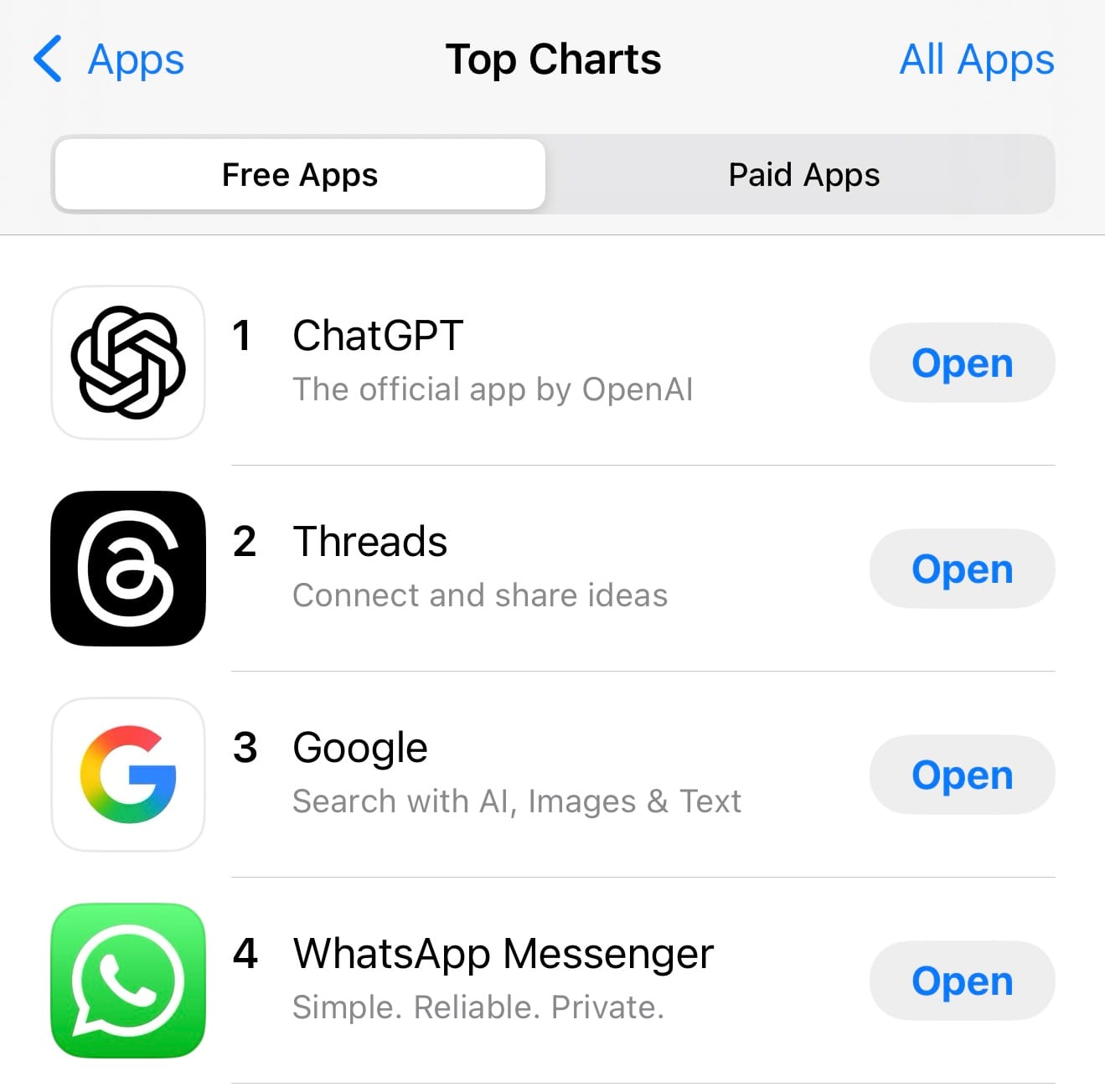
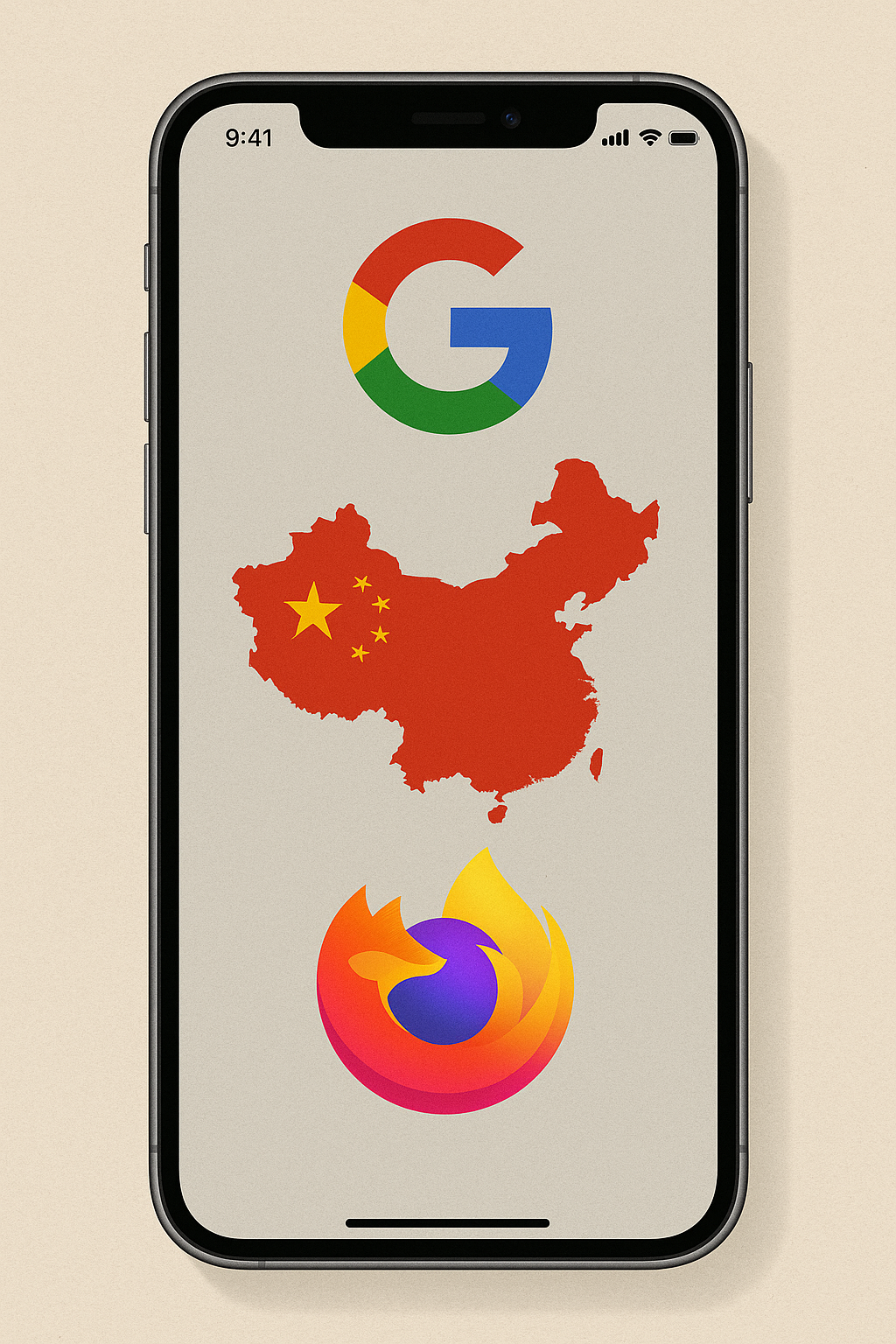
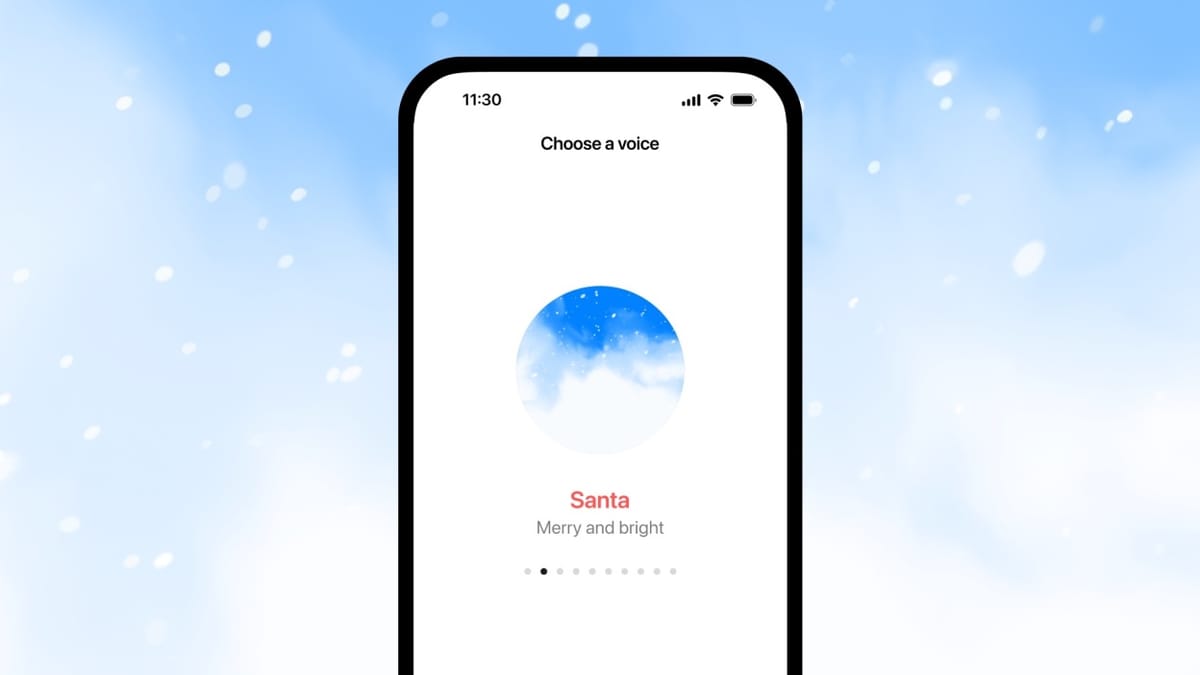
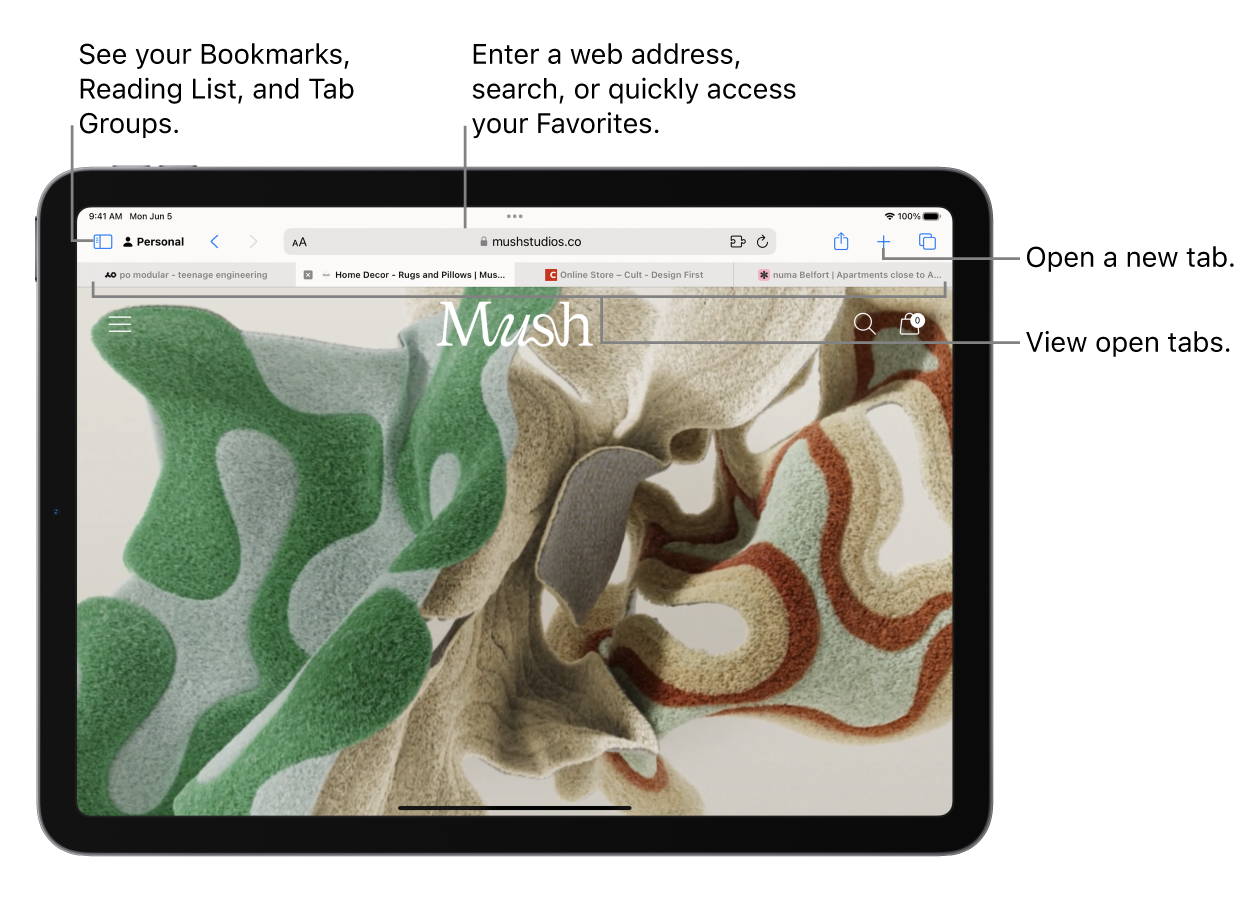
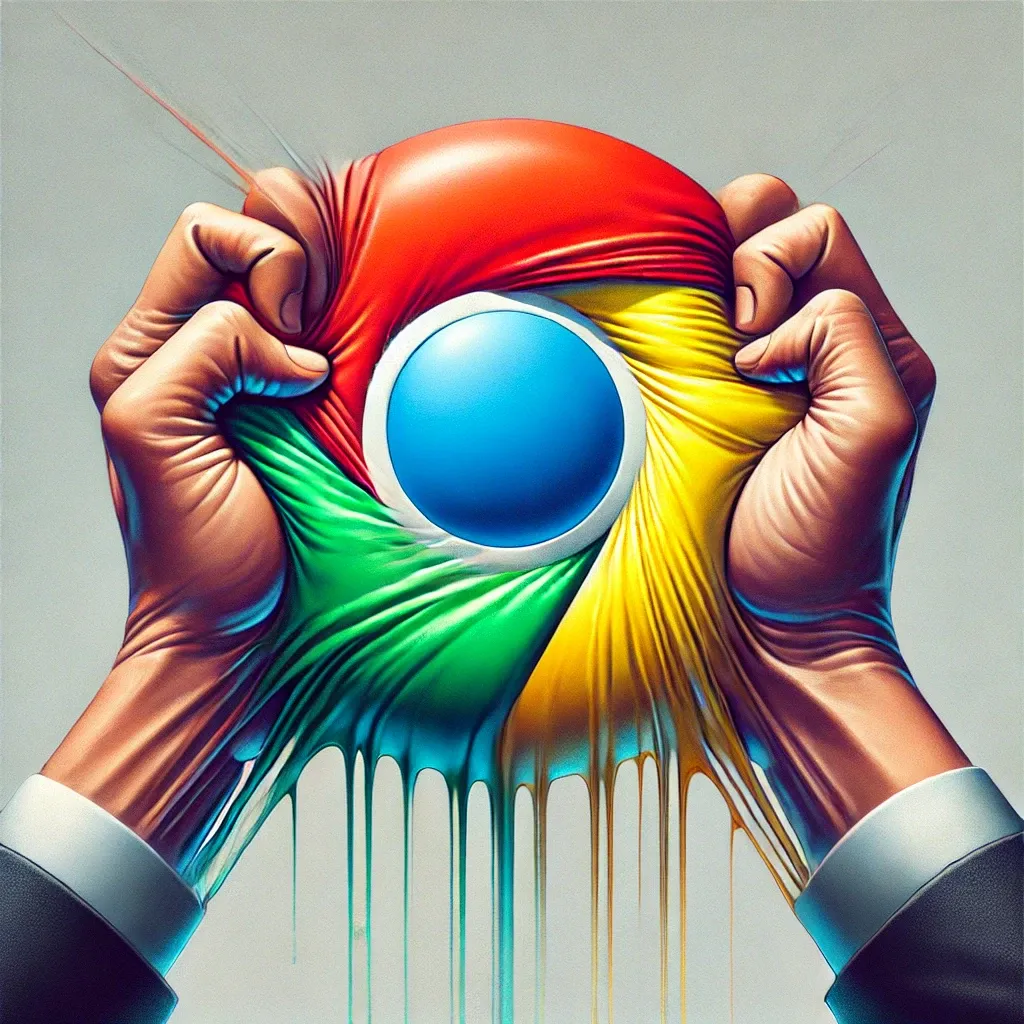
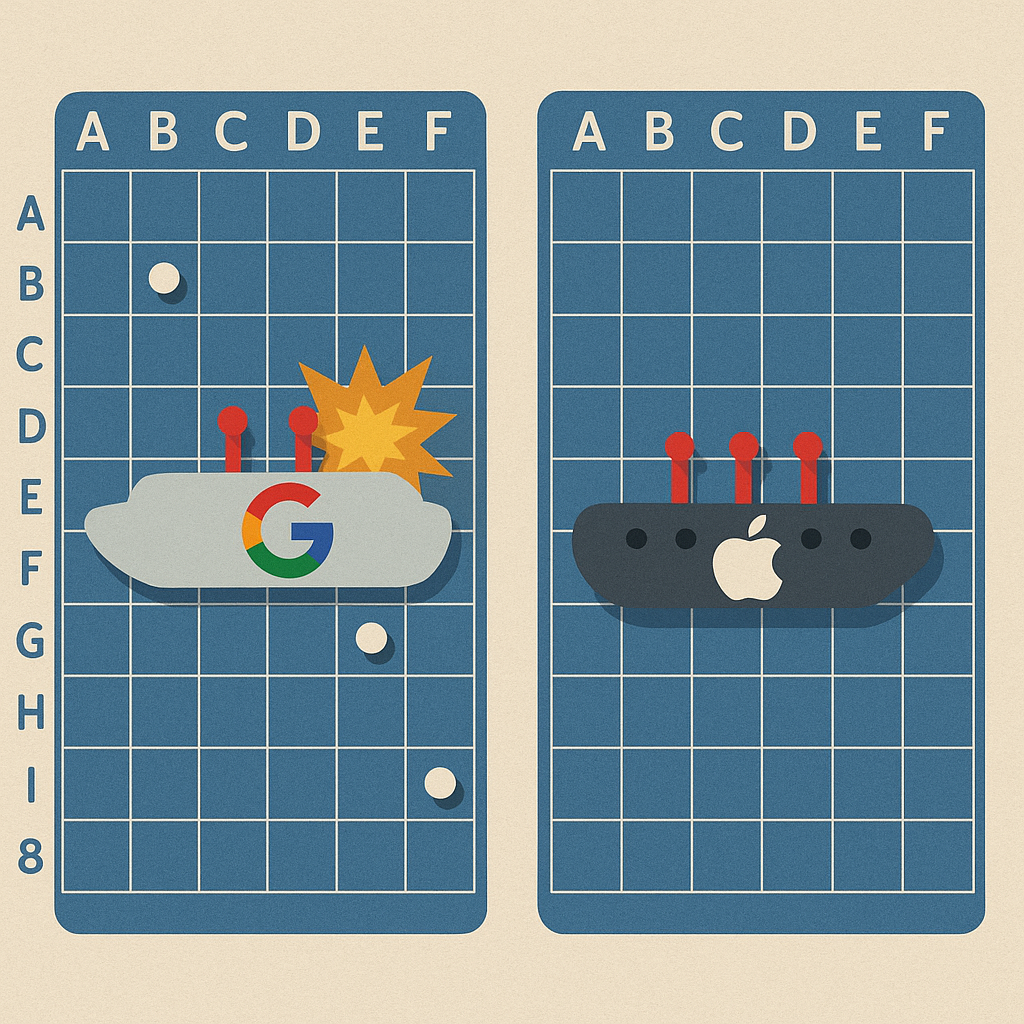
1 It still feels like such a branding miss that MacBooks no longer have the glowing Apple logos anymore...
2 You have to imagine Google didn't roll out a new app icon design so close to I/O just for the hell of it?
3 A project, of course, that was led early-on by one Sundar Pichai, long before he was CEO (Chromebooks too!).





